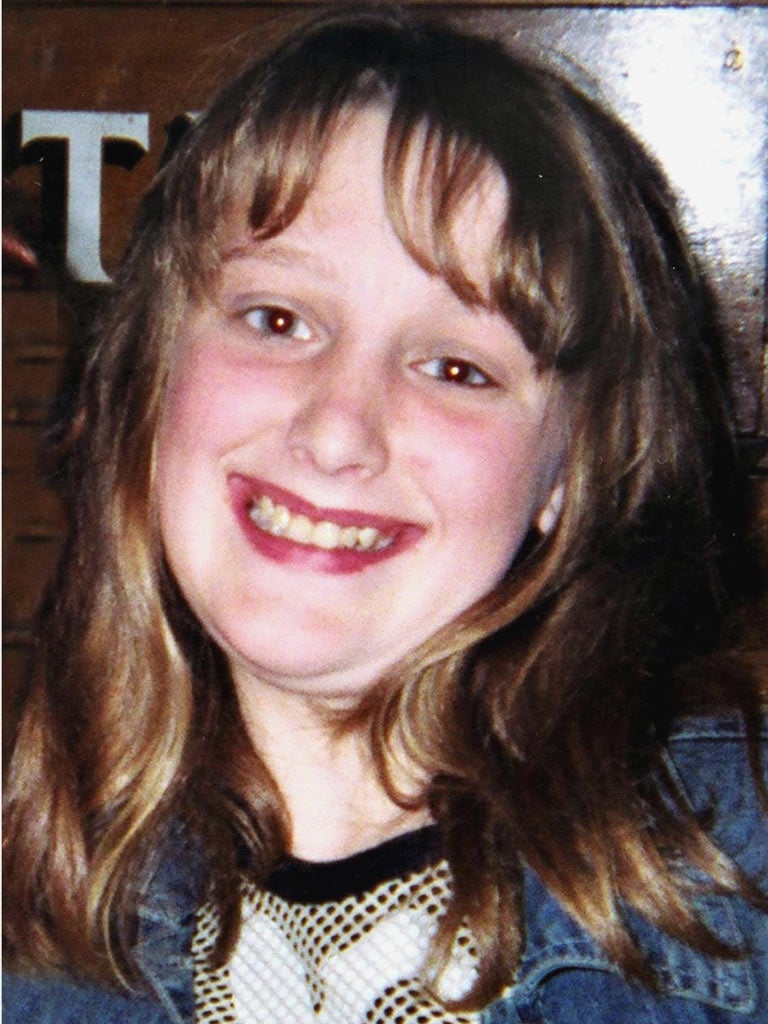Independent Appeal: The project that could prevent another Charlene Downes from disappearing
Matilda Battersby reports on an innovative scheme to help locate runaway teenagers

Two-thirds of British children who run away from home are never reported to the police. Yet almost all will go on to suffer from addiction to alcohol, exposure to drugs and, most frighteningly, are at high risk of sexual exploitation. These statistics come from the latest report of the Children's Society, which says that 300 teenagers run away from home in Britain every day. Yet society's ability to cope with them is hampered by the fact that organisations such as social services, the police, charities and voluntary organisations have little communication, and are unable to build a bigger picture of the situation of these "at risk" minors.
CLICK HERE TO DONATE NOW.
Until last year, a child protection database called ContactPoint went some way to help, but the Government ended it amid concerns about data protection.
An alternative system may have been found in Lancashire. In Preston, the Children's Society – one of the three charities supported by this year's Independent Christmas appeal – is running a project called Street Safe. It is part of a pioneering scheme which combines policing with other agencies, both voluntary and statutory, to provide a talking space for professionals on the front line of child protection.
The scheme is an extension of one set up after the disappearance of Blackpool teenager Charlene Downes, who vanished in 2003. Police suspect she was the victim of a sex ring of older men targeting young girls in the seaside town, plying them with cigarettes, drugs and alcohol in return for sexual favours. At least 60 schoolgirls were targeted by the gang at a series of fast-food outlets. To this day, Charlene has never been found.
Under the new scheme representatives from multiple agencies – including police, social workers, probation officers, immigration workers and teachers – make up teams which operate from police stations in all six of Lancashire's constabularies. The teams, each led by a police sergeant, work together when people call the police with concerns about a child, or when one is brought in drunk or arrested. The team then decide together which agency is best placed to take the lead in caring for the child.
Young people don't have isolated problems, says Stela Stansfield, service co-ordinator for Street Safe. "It doesn't make sense for different agencies to deal separately with drugs, sexual abuse or emotional issues," she says. "When it is identified that a young person has problems and suddenly they have to see a drugs worker, a social worker, the police, it can be overwhelming. They can end up defensive and unwilling to tell anyone anything."
Detective Chief Inspector Hazel Stewart says that, in her experience, most children seen by the child protection team had used alcohol, been reported missing at some point, were reluctant to talk to the police and were under 15. "We could tick every profile box in the book with the different kinds of child sexual exploitation offenders."
Police work with the agency helping the child to gather intelligence about those preying on them. They then use various techniques to disrupt the "relationship" between the adult and child – by using police tactics, immigration services and investigations into their businesses – serving a Child Abduction Section 2 Notice, which carries a seven-year prison sentence if a perpetrator contacts the child.
Once contact between the paedophile and the child is weakened, the child is more easily able to ask questions about their previous emotional reliance. Threats and pressure from the abuser, or abusers, is weakened. It is at this point that a child will start talking about the abuse that has happened, Ms Stansfield says.
Street Safe offers support to a victim during police investigations and any subsequent trial. "Disclosure is a very traumatic experience for a child," Ms Stansfield says. "One of my girls said, 'You must think I'm a muppet.' They feel they are stupid to have been tricked."
Lee Girvan, senior young people's substance misuse co-ordinator for Lancashire Drug & Alcohol Action Team, which partly funds Street Safe, says: "I think credit should be given to Lancashire police. Multi-agency support like this only works when police are placing the emphasis on prevention over short-term convictions."
CLICK HERE TO DONATE NOW.
Subscribe to Independent Premium to bookmark this article
Want to bookmark your favourite articles and stories to read or reference later? Start your Independent Premium subscription today.

Join our commenting forum
Join thought-provoking conversations, follow other Independent readers and see their replies